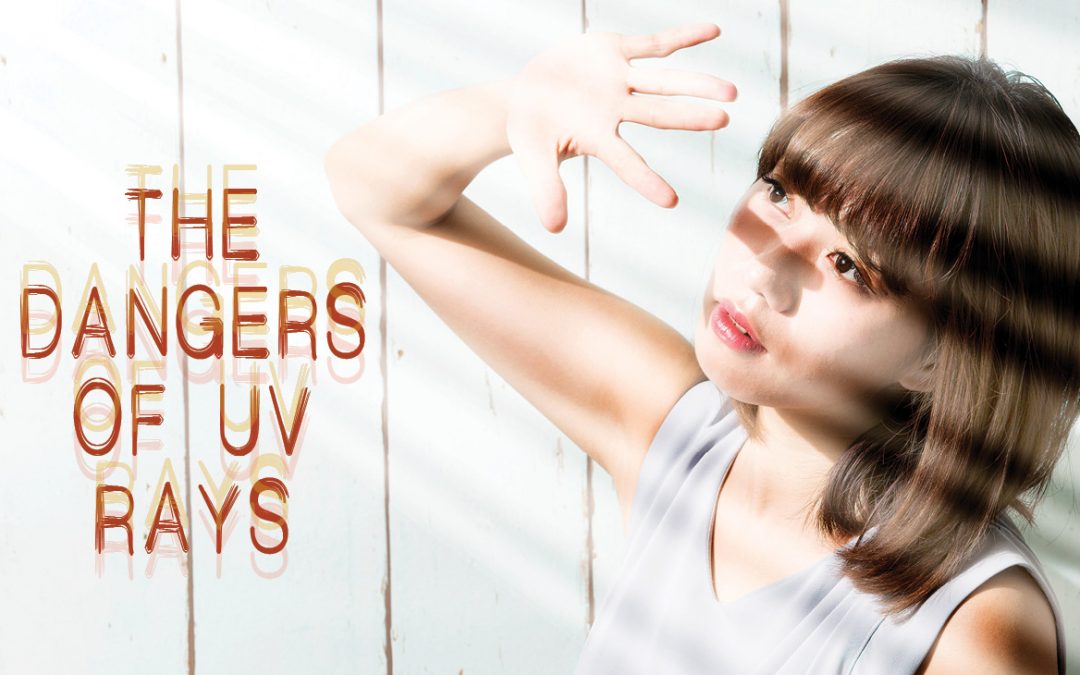It’s always fun to go out in the sun, but sometimes, the sun can cause more harm than good. Many people are aware of the damage the sun can cause on the skin but don’t know about the impact on our eyes. Without proper protection, the sun’s UV rays can negatively impact the health of your eyes years down the road.
Eye Conditions Caused By UV Rays
Extended and unprotected exposure to the sun increases your risk of developing the following:
Macular Degeneration
Macular degeneration is the most common cause of vision loss occurring when the retina starts to deteriorate. Over time, macular degeneration will cause central vision loss, impacting your ability to see with fine detail.
Cataracts
A cataract is the clouding of the lens in your eye. Many people are unaware they have a cataract in its early stages. Over time, cataracts can blur your vision, make objects less colorful, and cause difficulties reading or doing other day-to-day activities.
Pterygium
A pterygium is a growth of the conjunctiva or mucous membrane covering the white part of your eye over the cornea. Often, a pterygium doesn’t cause vision problems or require any treatment, but this growth can be removed if it interferes with your vision.
Corneal Sunburn
Corneal sunburn is an effect of being exposed to high UV-B rays. Although temporary, corneal sunburn can cause a gritty feeling in your eyes, causing eye pain, tearing, swelling redness, or sensitivity to bright light.
UV Rays & Children
Typically, children are exposed to more annual sun exposure than adults. In addition to exposure time, a child’s lens cannot filter UV light or prevent it from reaching their retinas as effectively as an adult. As a result, by the age of 18, half of a person’s lifetime exposure to UV radiation has already occurred.
Sunwear is a Must-Have for All Ages
With the proper protection for all ages, you can keep your and your child’s eyes safe from UV damage. To best protect your eyes from the sun’s harmful rays, always wear sunglasses that block 100 percent of UV rays, as well as a pair that protects the skin around your eyes.
In addition to sunglasses, try wearing a wide-brimmed hat on sunny days. It has been shown that wearing a hat can reduce exposure to UV rays by up to as much as 50%.
So, are you ready to take the next steps in protecting your eyes from the sun and dangerous UV rays? Contact our office today to learn more.

